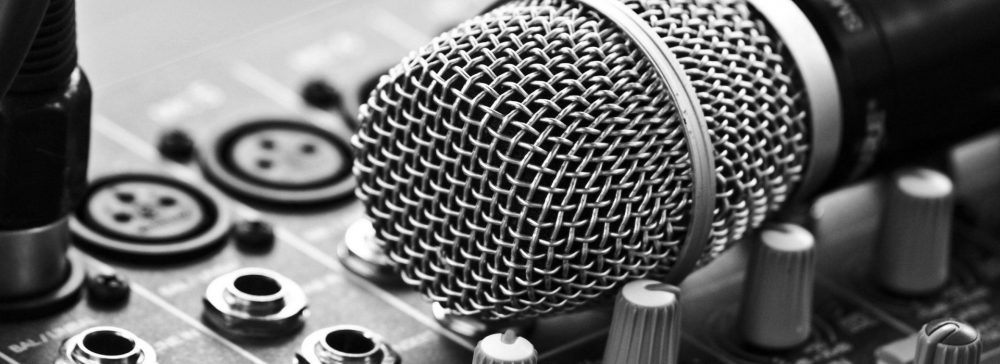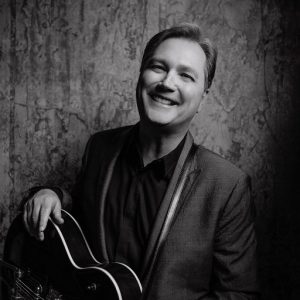Music therapy, an established health profession, uses music to address physical, emotional, cognitive, and social needs of individuals. Through clinical and evidence-based interventions, music therapists help patients of all ages improve their health in several domains. This article delves into the essence of music therapy, its mechanisms, and its profound impact on individuals undergoing treatment.
Understanding Music Therapy
Music therapy integrates music and its elements—rhythm, melody, and harmony—with therapeutic goals and interventions to facilitate healing and improve quality of life. Certified music therapists assess the needs of each client and develop a tailored treatment plan that may include creating, singing, moving to, and/or listening to music. Unlike passive listening, music therapy is an active, engaging process that supports changes in the individual’s well-being.
The Mechanisms of Music Therapy
Music therapy operates through various mechanisms to exert its therapeutic effects. These mechanisms include emotional expression, cognitive stimulation, social interaction, and physiological responses.
Emotional Expression
Music offers a unique medium for expressing feelings and emotions, often reaching areas of the mind that are untouched by traditional therapy. It provides a safe outlet for expressing feelings, leading to catharsis and emotional release. This aspect of music therapy can be particularly beneficial for individuals dealing with depression, anxiety, and trauma.
Cognitive Stimulation
Music therapy can stimulate cognitive functions through engagement with melodies and rhythms. For example, it can enhance memory recall, improve attention span, and foster executive function skills. This aspect is especially helpful in the treatment of individuals with dementia, traumatic brain injuries, or developmental disorders.
Social Interaction
Group music therapy sessions encourage socialization and improve communication skills. By making music together, participants can develop a sense of community, enhance their ability to work as part of a team, and improve their social interaction skills. This is beneficial for individuals with autism spectrum disorder, social anxiety, and other conditions affecting social skills.
Physiological Responses
Listening to and engaging with music can lead to direct physiological changes, such as lowering blood pressure, reducing heart rate, and decreasing stress hormone levels. These responses can promote relaxation and pain relief, making music therapy an effective complementary treatment for patients undergoing medical procedures, those with chronic pain, and individuals experiencing stress-related conditions.
Applications of Music Therapy
Music therapy has a wide range of applications across various populations and settings. Some of the key areas where music therapy has shown significant benefits include:
- Mental Health: Music therapy can help address conditions like depression, anxiety, and PTSD by facilitating emotional expression and promoting relaxation.
- Developmental Disorders: For individuals with autism spectrum disorder or intellectual disabilities, music therapy enhances communication skills and social interaction.
- Neurological Conditions: Patients recovering from strokes or living with Parkinson’s disease can benefit from improved motor skills and cognitive function through music therapy.
- Chronic Illnesses: For those dealing with cancer, heart disease, or chronic pain, music therapy offers emotional support, pain management, and a sense of well-being.
The Impact of Music Therapy
Research and clinical practice have demonstrated the profound impact of music therapy on individuals’ physical, emotional, and cognitive health. Patients often report improvements in mood, increased motivation, and a better overall quality of life. Music therapy also fosters a sense of empowerment and control, as individuals actively participate in their healing process. By addressing the whole person and not just the symptoms, music therapy contributes to holistic healing and wellness.
Conclusion
Music therapy is a versatile and effective treatment modality that harnesses the power of music to heal and transform lives. Through its unique mechanisms of action, including emotional expression, cognitive stimulation, social interaction, and physiological responses, music therapy can address a wide range of health issues. Whether it’s helping individuals cope with mental health conditions, aiding in the rehabilitation of those with neurological disorders, or providing comfort to those with chronic illnesses, music therapy offers a profound and holistic approach to health and well-being. As research continues to uncover the depths of music’s therapeutic potential, the application of music therapy is poised to expand, offering hope and healing to an even broader spectrum of individuals.






